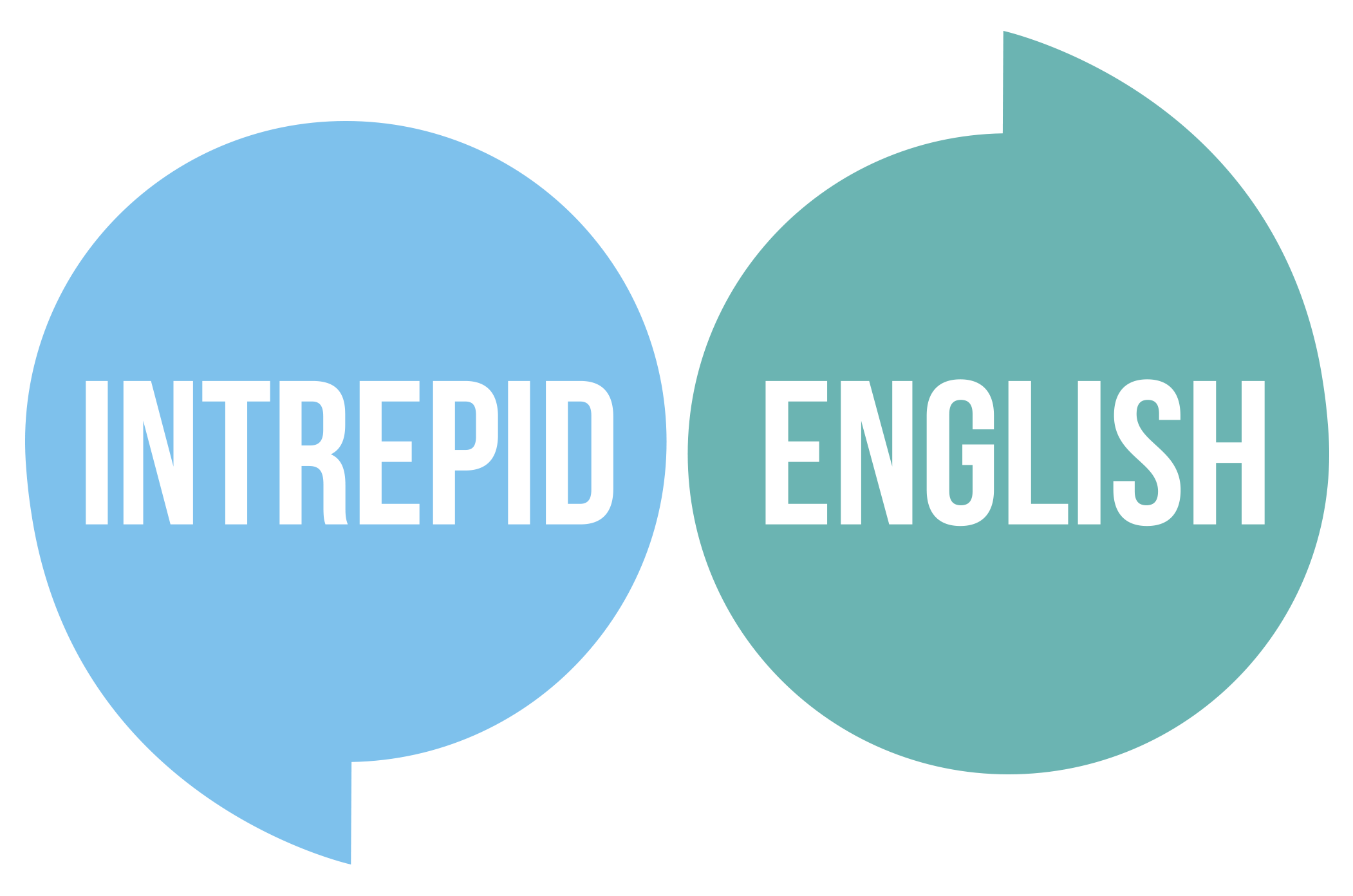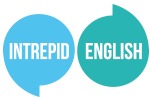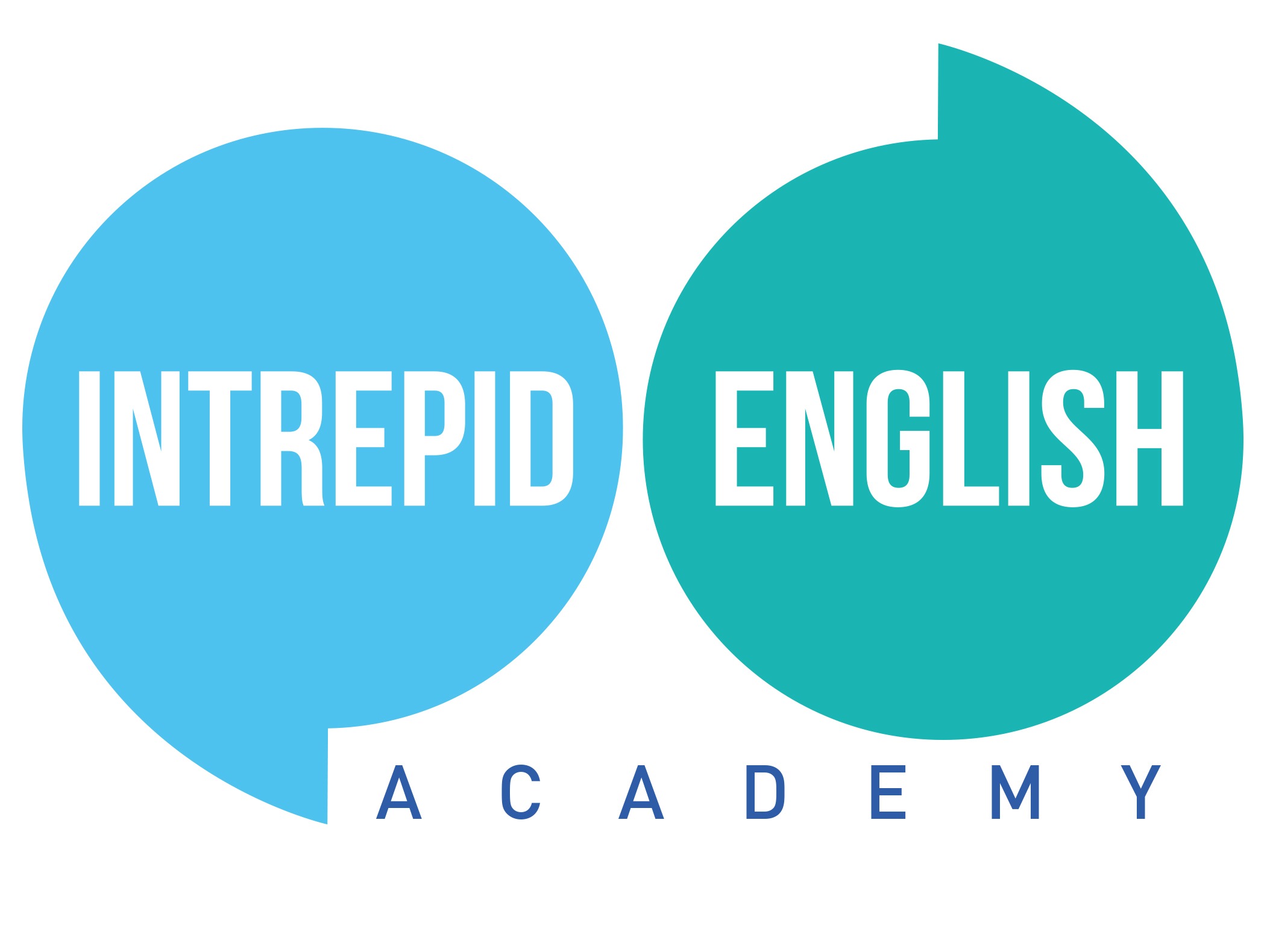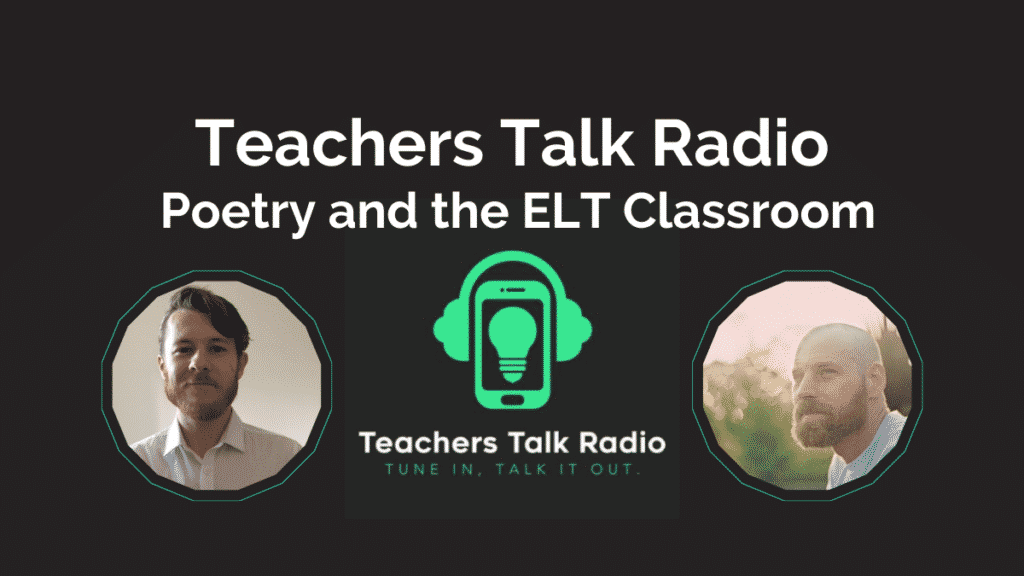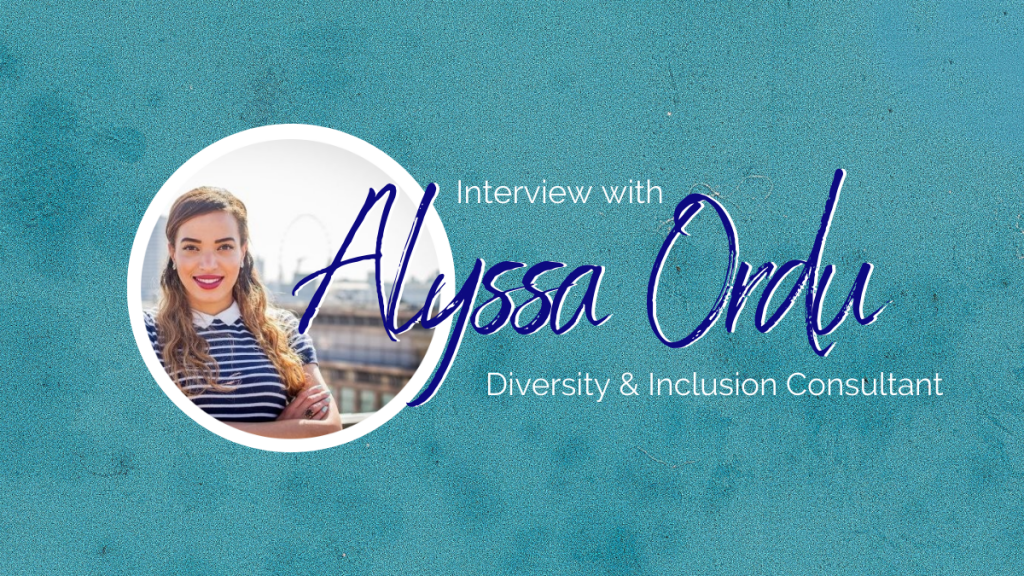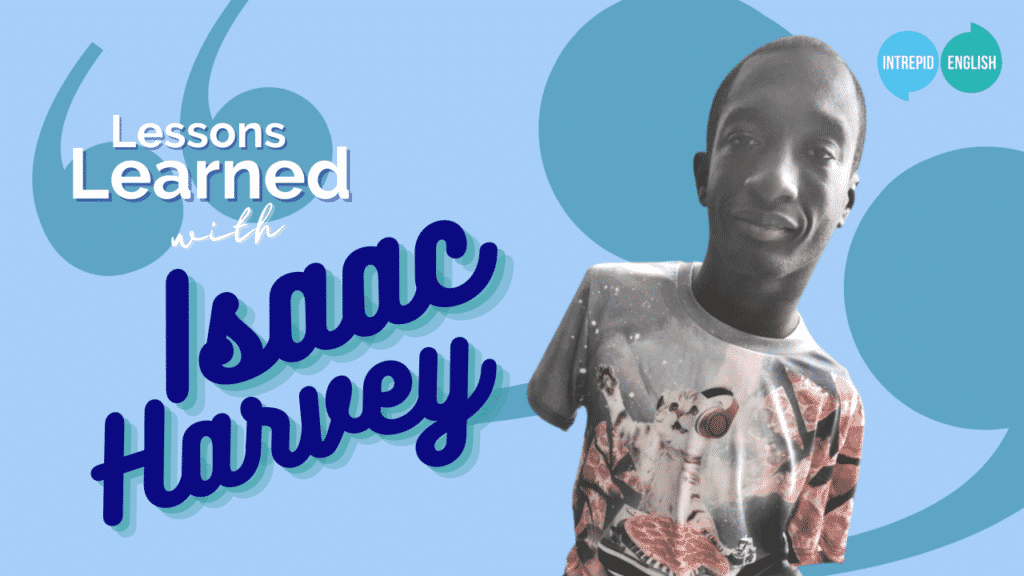What is the difference between the present perfect and the simple past?
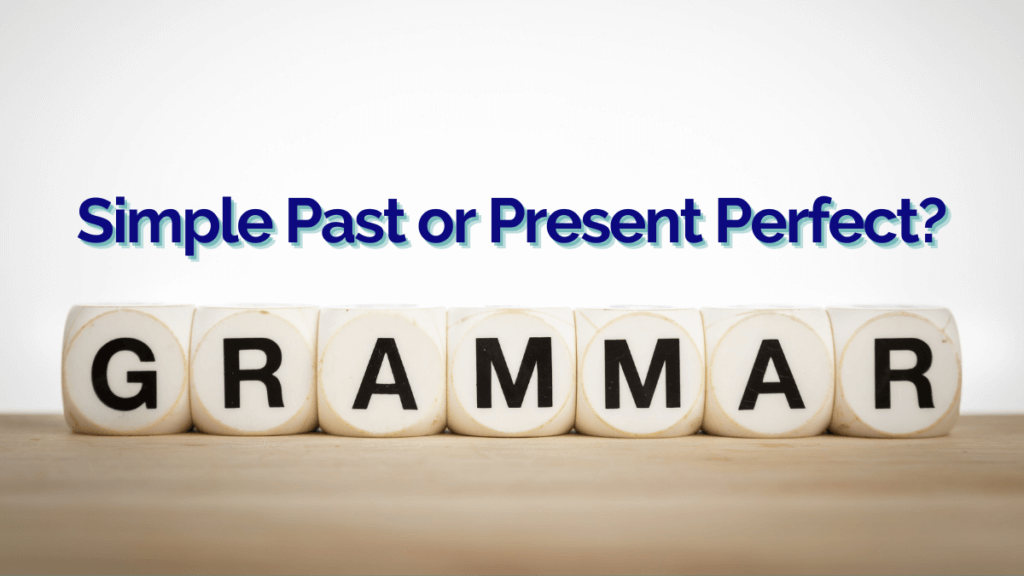
Many students struggle with the difference between these two English tenses as they both deal with things that happened in the past. Let’s take a look at when to use the simple past, and when to use the present perfect.
Check out the grammatical explanation for each tense below, watch Kate’s video explaining the difference, and don’t forget to download your free simple past and present perfect cheat sheet pdfs.
What is the difference between the present perfect and the simple past?
For Kate R’s Ask Us Anything last Friday, she answered this question and gave some examples of when to use these two tenses. You can watch the video right here:
Do you have a question that you want Kate to answer? Be sure to submit it in our Ask Us Anything Group, or send us a message using the green chat box!
Simple Past
We use the simple past to talk about completed actions at a definite time in the past.
| Affirmative | Negative | Question |
| Subject + Verb in past | Subject + Didn’t + Verb in simple form | Did + Subject + Verb in simple form |
| I went to the party. | They didn’t go to the party. | Did you go to the party? |
When we use the simple past, we know when the action took place, and the action is finished.
Some common time expressions that we use with the simple past include: yesterday, last year, last week, last month, two days ago, a week ago, etc.
Examples:
I went to the gym last night.
They spoke to each other on the phone a couple of days ago.
He graduated with a 2.1 in 2016.
We didn’t see the Batman movie, it was sold out so we saw a comedy movie instead.
Study the simple past in more detail in our Verb Tenses course in the Intrepid English Academy.
Present Perfect
We use the present perfect to talk about actions at an indefinite time in the past, actions that began in the past and continue in the present, or actions that happened in the past and are relevant to the present.
| Affirmative | Negative | Question |
| Subject + Have/has +Past participle | Subject + Haven’t/hasn’t + Past participle | Have + Subject + Past participle |
| She has done several skydives. | They haven’t made the payment yet. | Have you visited Paris before? |
When we use the present perfect, we don’t specify the exact time that the action happened.
Some common time expressions that we use with the present perfect include: today, this week, this month, this year, in my life.
Examples:
I haven’t had a shower yet today.
I have had a lot of work to do this week. I’m glad it’s Saturday tomorrow.
They haven’t been on holiday this year.
For actions that began in the past and continue in the present, we can use the adverbs ‘for‘ and ‘since‘.
We use ‘for’ to describe the duration of an action.
For example: “I have been studying with Intrepid English for two years.”
We use ‘since’ to describe when an action began.
For example: “I have been studying with Intrepid English since 2020.”
Read more about how to use these adverbs in our Adverbs of Time blog post.
Study the present perfect in more detail in our Verb Tenses course in the Intrepid English Academy.
This content was written and recorded by Intrepid English Teacher Kate B.

You can find out more about Kate B on her Intrepid English Teacher Profile Page.
Book a free trial lesson today to discuss this topic in more detail, and talk about your English learning goals with an experienced and friendly English teacher.
If you have any questions, or you would like to request a topic for a future blog, you can contact us using the chat box, send us an email, or even drop us a message on any of our social media channels.
Thanks for subscribing to our newsletter!
